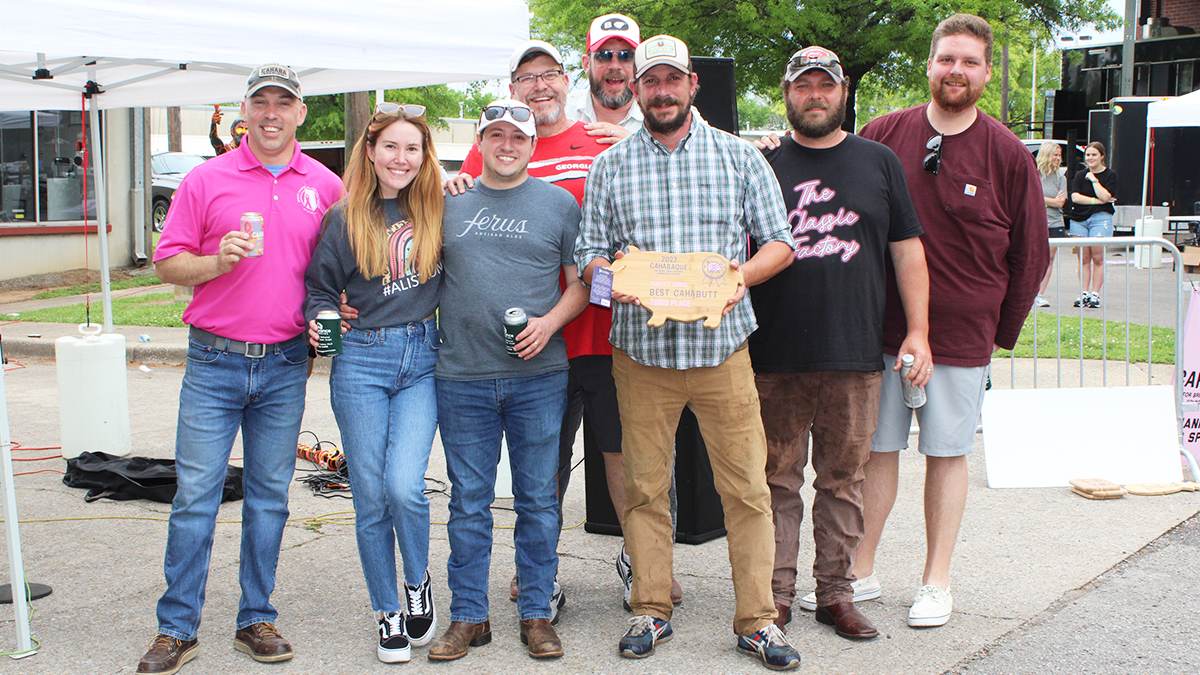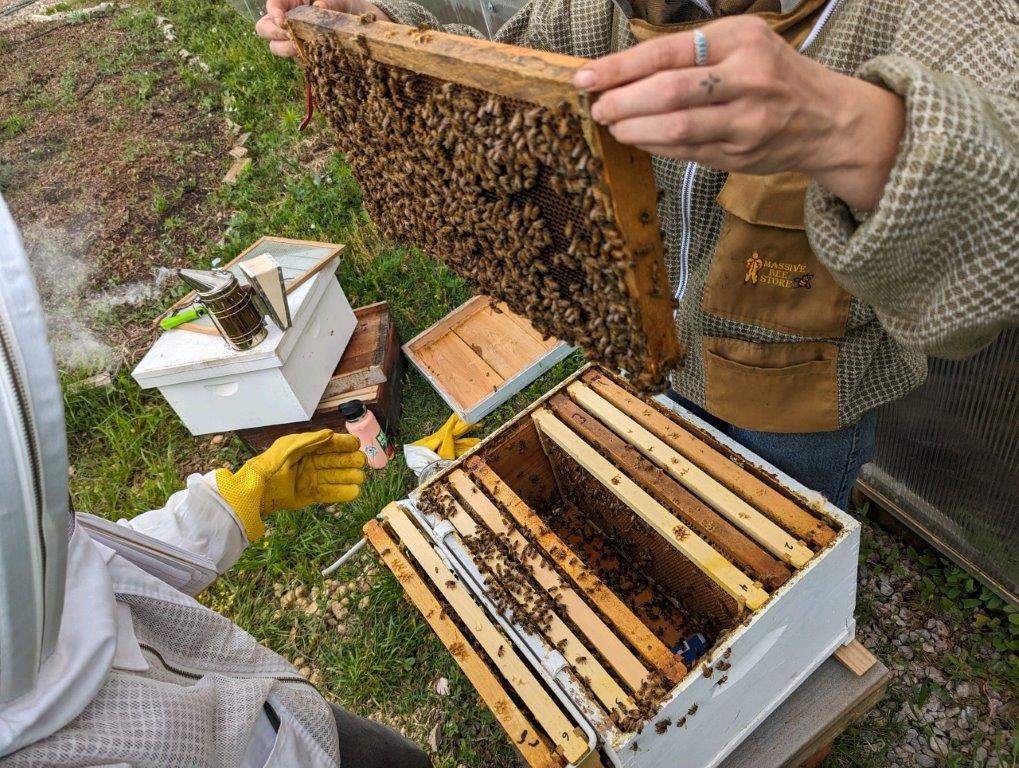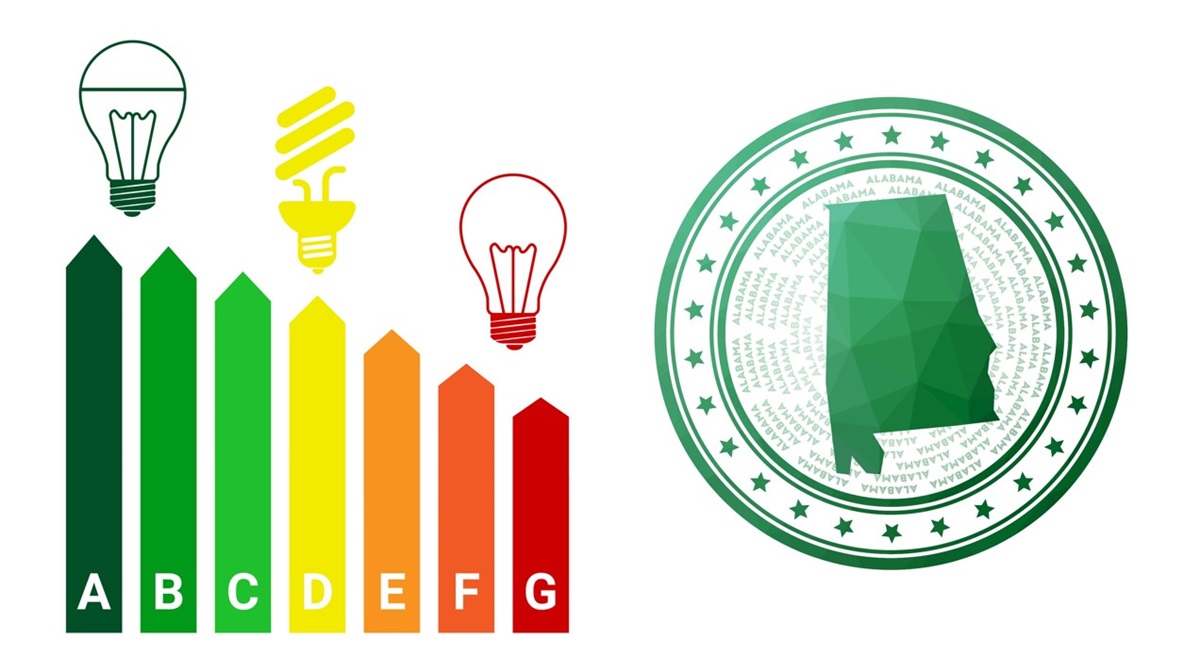Planning for retirement

Suzanne Durham is a planner. In the nonprofit world in which she has served for decades, there’s really no other choice. Planning ways to raise money. Planning new programs. Planning how to maximize the impact of those dollars and programs. And lately, planning on who will take her place.

Suzanne Durham will retire with 34 years of experience
Durham, the chief executive officer of the YWCA Central Alabama in Birmingham for 34 years, is retiring at the end of this year. Yolanda Sullivan, immediate past president of the YWCA board of directors, will assume the role of interim CEO in January, board President Kathryn Harbert announced in September.
Ask Durham about her plans for retirement and she responds: “I’m a planner. The plan is there is no plan.”
Durham says she has a stack of books she wants to read and some projects around the house to keep her busy. She mentions building a greenhouse on the six acres of land where she lives.
“I like to grow plants and people. I like to fix plants, and fix some of society’s issues,” Durham says.
She and the YWCA have worked to fix some of society’s toughest issues. The YWCA’s mission statement says it is “dedicated to eliminating racism, empowering women and promoting peace, justice, freedom and dignity for all.” Its programming targets four major areas: affordable housing, child care, domestic violence services and social justice.

Children reading at the YWCA.
As challenging as those issues are, the YWCA manages to make a positive difference. In 2012, it reported providing legal advocacy services to thousands of victims of domestic abuse; more than 20,000 days of child care and tutoring; tens of thousands of nights of emergency, transitional and permanent housing for adults and children, including those with special needs and physical challenges; thousands of items of clothing, including hundreds of prom dresses to economically disadvantaged girls in area high schools; and hundreds of holiday gifts and clothing through Santa’s Workshop.
“I think we’ve become the town’s experts on domestic violence and homeless children,” Durham says. “Those are businesses we’d like to get out of. Less for us is better. Less people in our shelters, less children in our homeless child care.”
Creating and staffing services to tackle those issues obviously takes money. During her time at the YWCA, Durham says she is most proud of being able to raise social consciousness around the YWCA’s issues, and the funds to deal with them. She offers praise for funders, including Alabama Power, for answering the call.
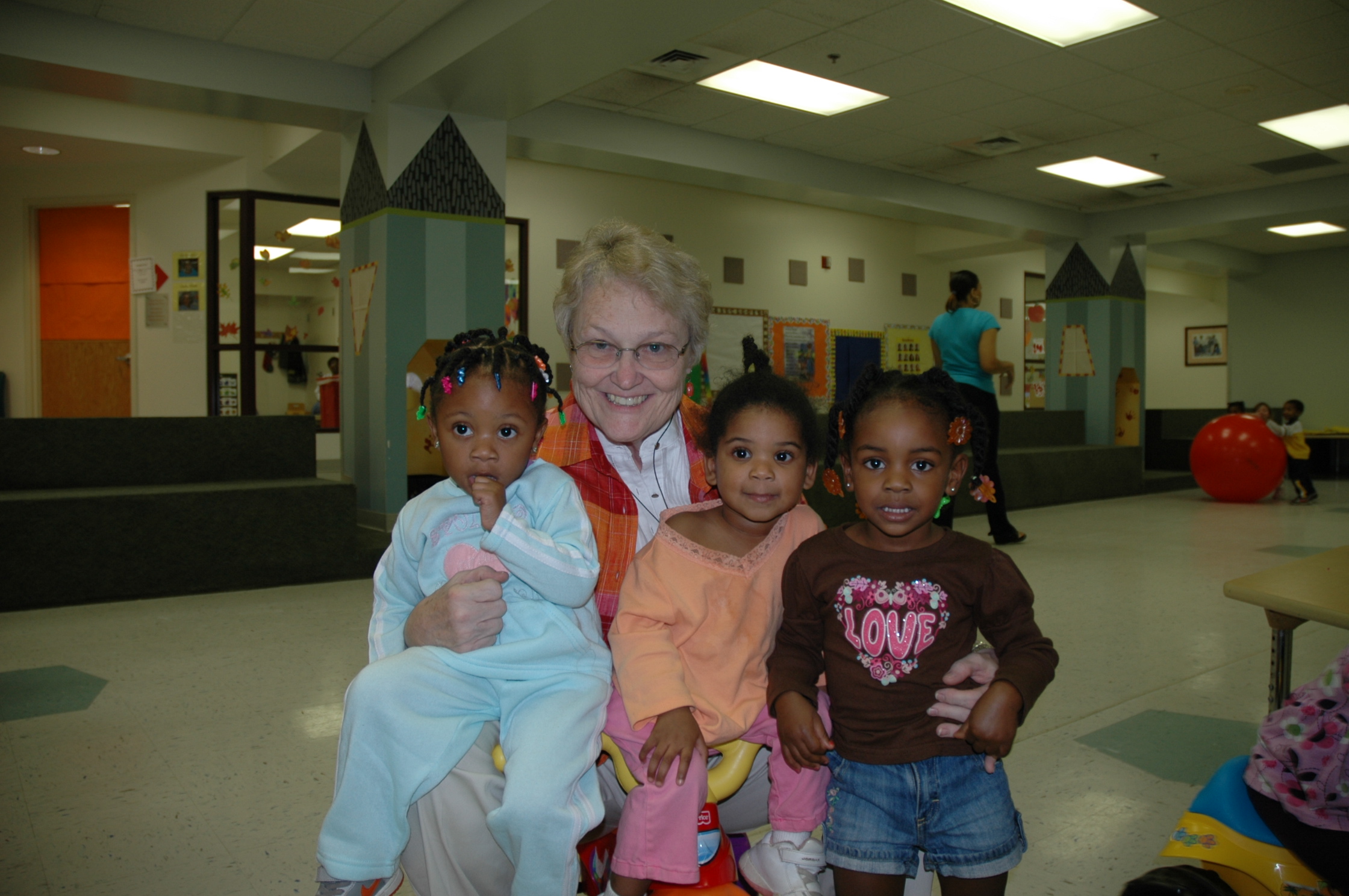
Helping children has been one of Suzanne Durham’s longtime passions.
“It takes a village to raise a child, and it takes capital to raise a village,” Durham says. “Without folks like you all, we couldn’t have done anything near what we’ve done. The power company clearly has given us a whole lot more than energy.”
Durham has a reputation as a great fundraiser, a role she says she morphed into. “Necessity is the mother of invention.” She says she won’t miss “the stresses and strains and spending so many of my waking hours thinking about money.”
That ability to raise money, and her business sense, are what set Durham apart in the nonprofit world, according to YWCA board member Carla Roberson, a residential marketing manager for Alabama Power.
“She is just special where nonprofit folks are concerned. She gets it,” Roberson says. “Her CEO title, instead of executive director, is fitting. She runs the YWCA just like a business.”
It is a business that has grown dramatically in Durham’s 34 years. When she came to YWCA in 1979, it owned the downtown building headquartering the agency, which had “a huge mortgage.” Now, she says, the YW owns 15 buildings, most of them dedicated to safe, affordable housing.
Many of those buildings are in Woodlawn, site of the YWCA’s highest-profile project in recent years. Earlier this year, the YWCA received the 2013 National Planning Excellence Award for Advancing Diversity & Social Change from the American Planning Association for its multimillion-dollar effort, known as YWoodlawn, to revitalize that depressed area of Birmingham.
“The YWoodlawn plan is a catalyst for the broader community in Birmingham and illustrates what happens when a group such as the YWCA brings its organizational might and commitment to tackle a problem,” said Ann Bagley, the 2013 APA Awards Jury chairwoman.
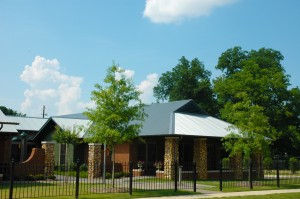
The YWCA’s Interfaith Hospitality House provides emergency shelter for families.
Major parts of YWoodlawn include the YW’s Interfaith Hospitality House, which provides emergency shelter for homeless families; 58 housing units, eight of which are handicapped-accessible; and the Family Resource Center, which has become a community hub offering a range of activities including literacy, job training and health and nutrition.
All told, YWoodlawn has invested $11 million in Woodlawn, but the YWCA is not going it alone. The agency began coordinating with other groups already working in Woodlawn, which led to the creation of Woodlawn United, a group that includes the YWCA, merchants, residents, schools, churches and other nonprofits intent on revitalizing the area.
“We know we don’t have the resources to do this by ourselves,” Durham says. “We really feel like collaborating helps us to use best practices and not to be duplicative in services. We really believe in the strength of collaboration and partnerships.”
Durham says those kind of strong relationships are one of the things she will miss most in retirement, although a consulting contract with the YWCA will allow her to keep her hand in some projects. As she puts it, “I’m not going away.”
At least, that’s her plan.

